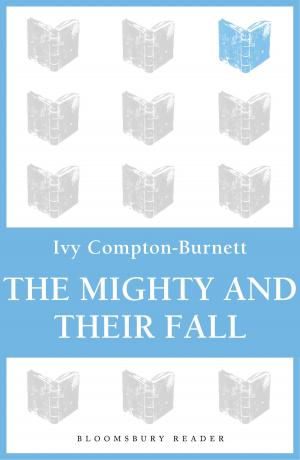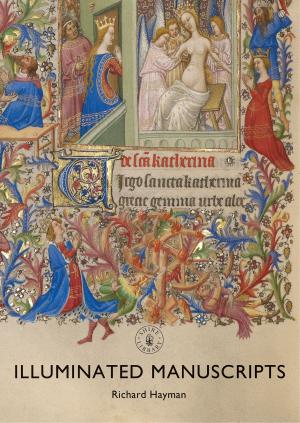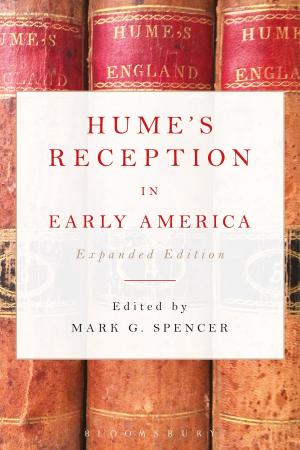The Constitution of the Russian Federation
A Contextual Analysis
Nonfiction, Reference & Language, Law, Comparative, Constitutional| Author: | Jane Henderson | ISBN: | 9781847317643 |
| Publisher: | Bloomsbury Publishing | Publication: | May 4, 2011 |
| Imprint: | Hart Publishing | Language: | English |
| Author: | Jane Henderson |
| ISBN: | 9781847317643 |
| Publisher: | Bloomsbury Publishing |
| Publication: | May 4, 2011 |
| Imprint: | Hart Publishing |
| Language: | English |
This book provides a critical and contextual understanding of the current Russian Constitution. It comprises seven chapters: an introduction followed by substantive chapters covering specific aspects of Russia's constitutional history, structure and practice: the history and nature of the constitution; an overview of the current 1993 Constitution of the Russian Federation and the background to its adoption by plebiscite; executive power, the role and accountability of the President as Head of State, and the formation and powers of the federal government; the legislature and its formation, elections and the methods for forming the two chambers (State Duma and Federation Council) of the legislature (Federal Assembly); the constitutional role of the courts, the way in which rights are defined in constitutional terms and methods for their enforcement; and finally a concluding chapter that focuses on characteristic features of Russian polity and constitutionality in the context of constitutional stability, reform and change. This is an essential work of reference for anyone who wishes to embark on studying Russian law and politics, and a reflective assessment of progress in the modern era.
This book provides a critical and contextual understanding of the current Russian Constitution. It comprises seven chapters: an introduction followed by substantive chapters covering specific aspects of Russia's constitutional history, structure and practice: the history and nature of the constitution; an overview of the current 1993 Constitution of the Russian Federation and the background to its adoption by plebiscite; executive power, the role and accountability of the President as Head of State, and the formation and powers of the federal government; the legislature and its formation, elections and the methods for forming the two chambers (State Duma and Federation Council) of the legislature (Federal Assembly); the constitutional role of the courts, the way in which rights are defined in constitutional terms and methods for their enforcement; and finally a concluding chapter that focuses on characteristic features of Russian polity and constitutionality in the context of constitutional stability, reform and change. This is an essential work of reference for anyone who wishes to embark on studying Russian law and politics, and a reflective assessment of progress in the modern era.















